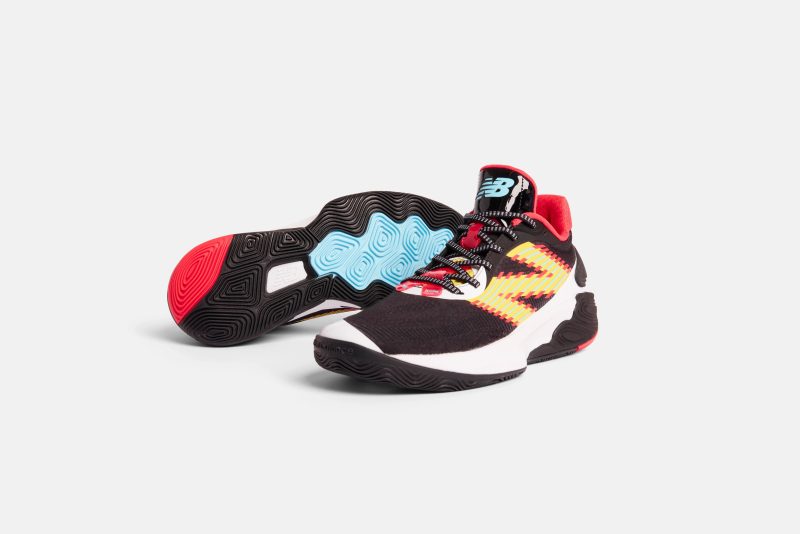- 91,060
- 124,917
- Joined
- Sep 5, 2010
@NazrMohammed A Luxury Tax and teams that pay it can't bid on the services of free agents...Sounds like a hard cap to me. #NBALockout
@King24George Damn MJ.. That's how you feel?
@KlayThompson @King24George U think the 1996 mj would pull this? Straight hypocrite bro
@King24George @KlayThompson man straight hypocrite bro.. He should've been the 1st one behind us smh
@NickSwagyPYoung im not wearin jordans no more cant believe what i just seen and heard from MJ #ElvisDoneLeftTheBuilding and i didnt delete it






